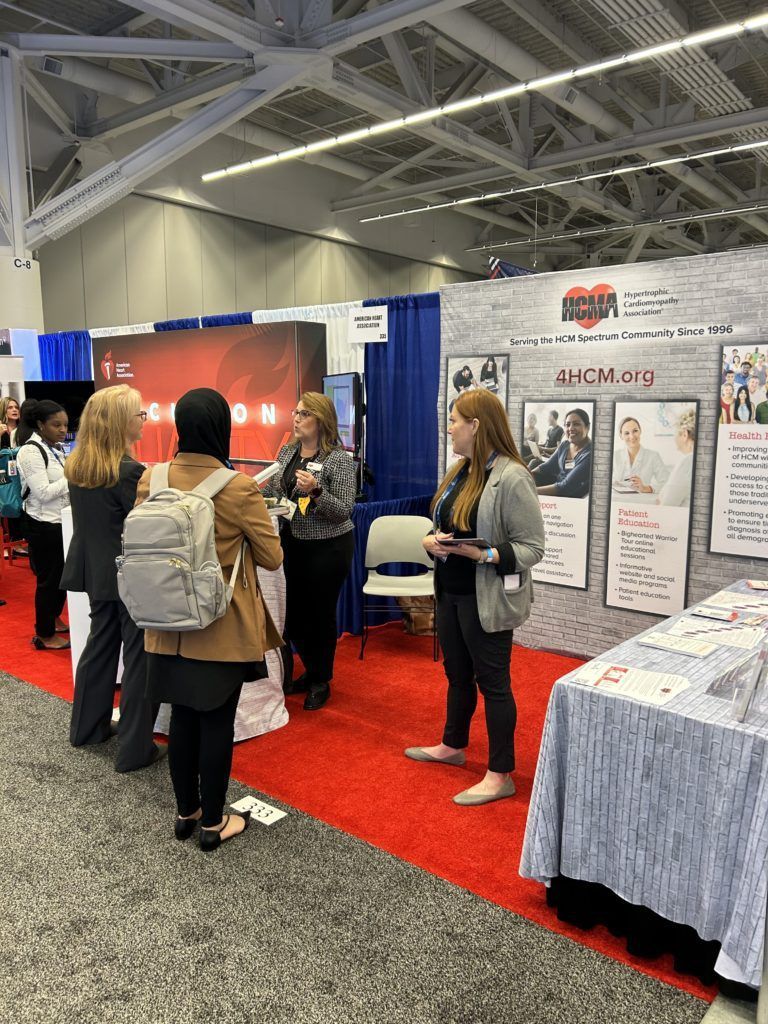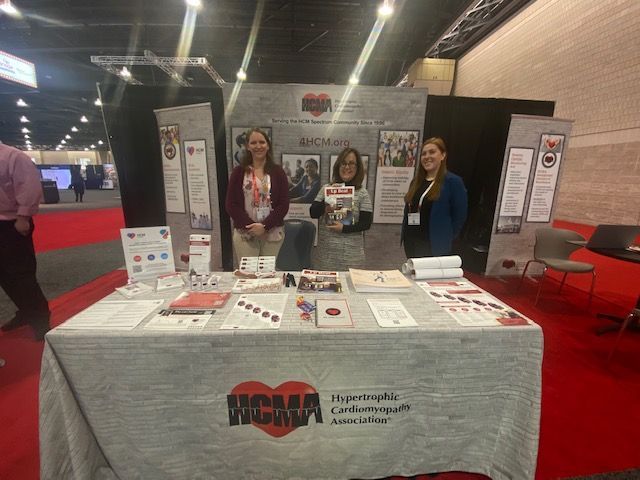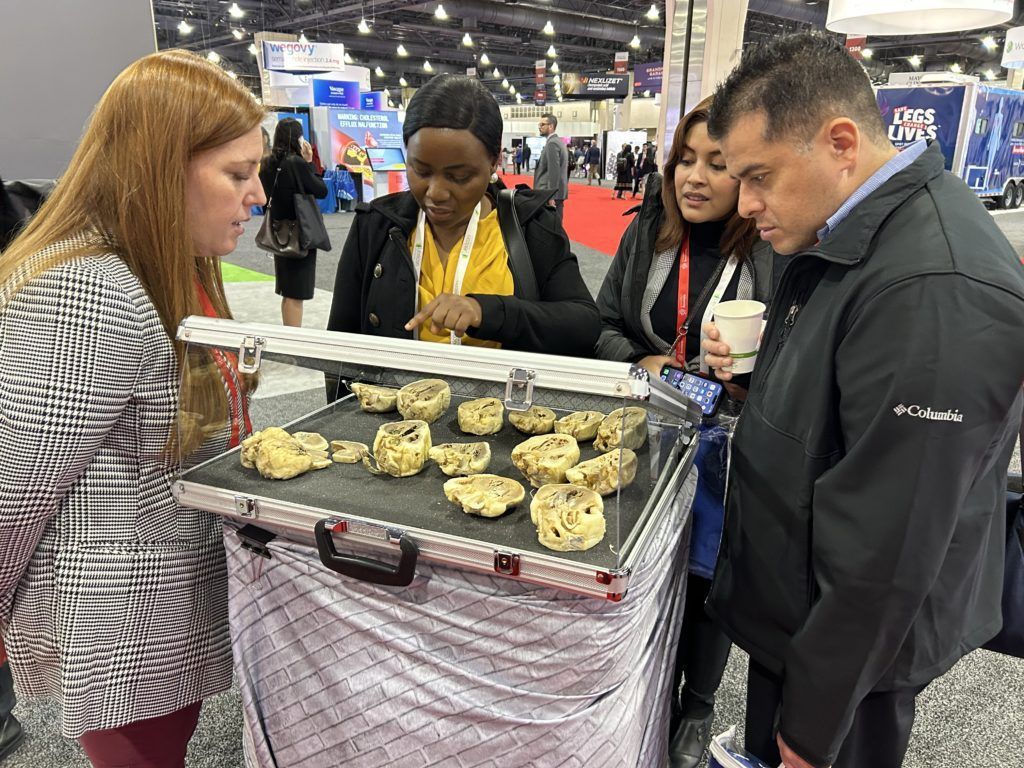The Hypertrophic Cardiomyopathy Association played a key role at this fall’s HFSA and AHA conferences, actively engaging as exhibitors and offering valuable educational opportunities for the medical community. Their presence emphasized a dedication to increasing awareness and fostering discussions on hypertrophic cardiomyopathy, contributing to the broader conversation on cardiovascular health. Through their participation, the association further solidified its position in advancing knowledge and support within the medical community.



A standout feature at both conferences was the William Clifford Roberts, MD Heart Collection—a testament to patient advocacy. Community members generously donated their HCM hearts for educational purposes. Observing an end-stage HCM heart provides a unique perspective compared to traditional imaging methods like echo or MRI, highlighting the necessity for medical management and care at high-volume centers of excellence.
The post Fall Conferences appeared first on Hypertrophic Cardiomyopathy Association.


 Translate
Translate

